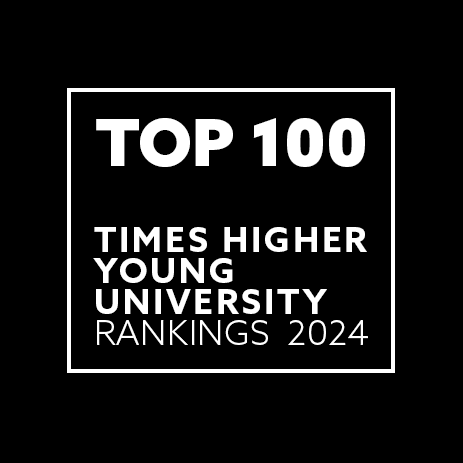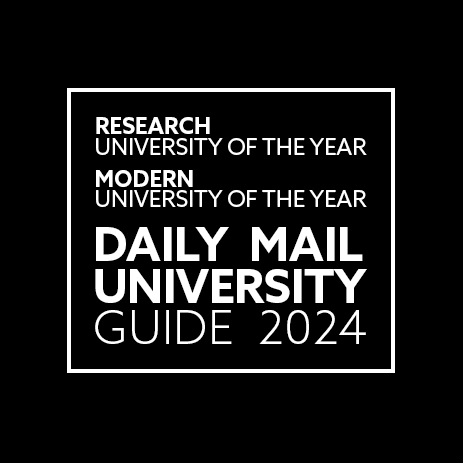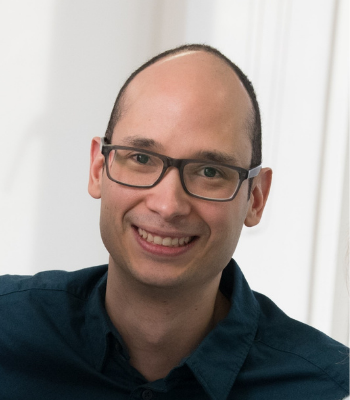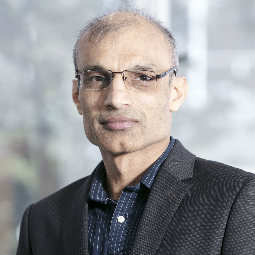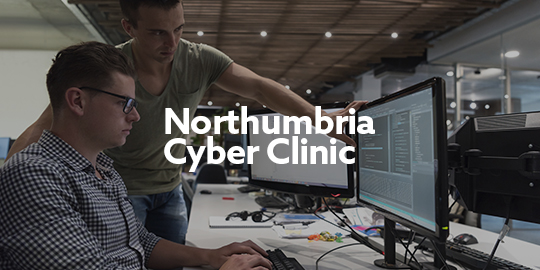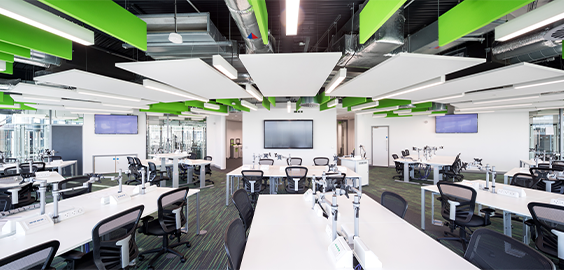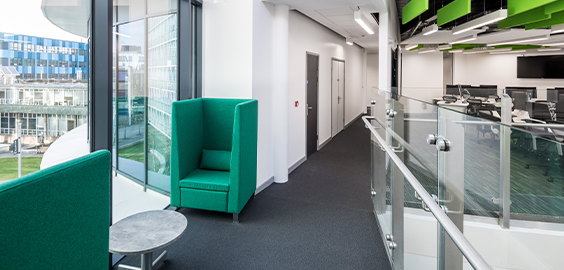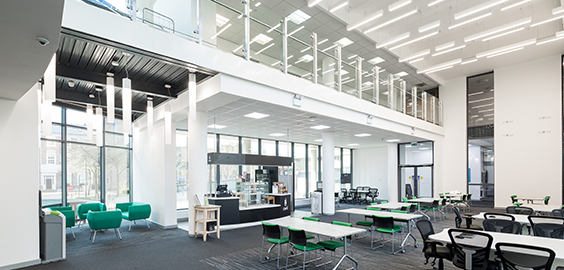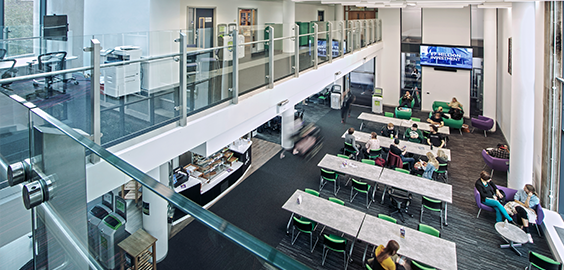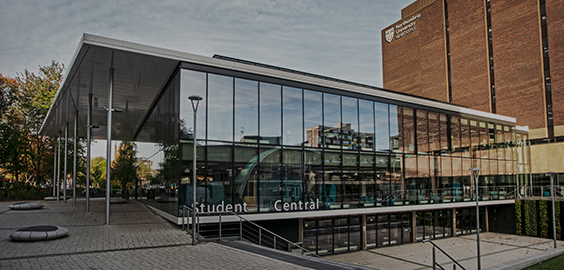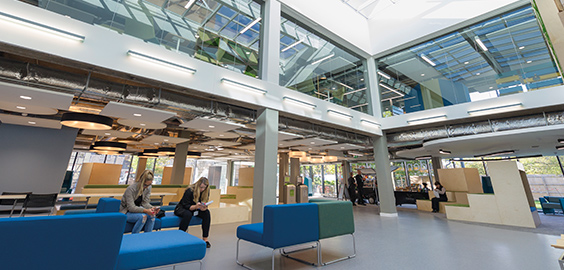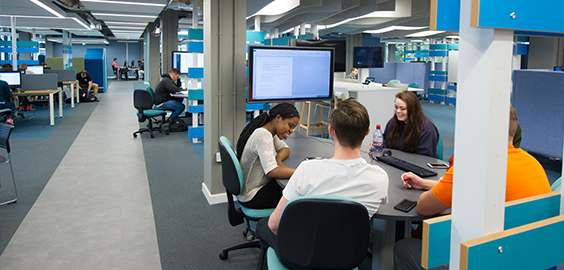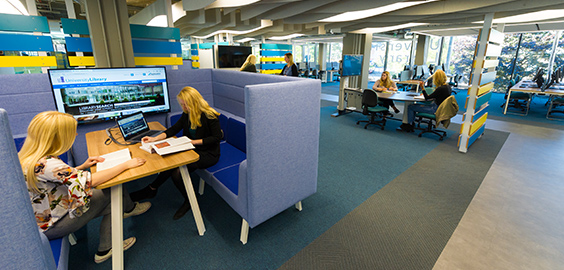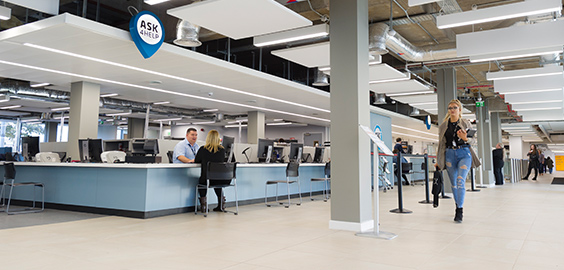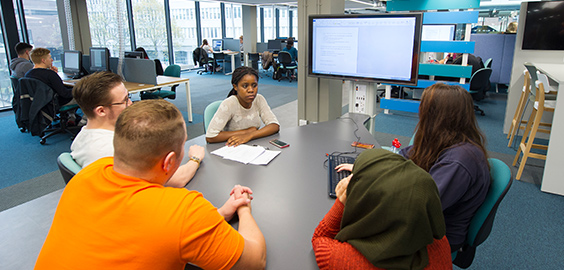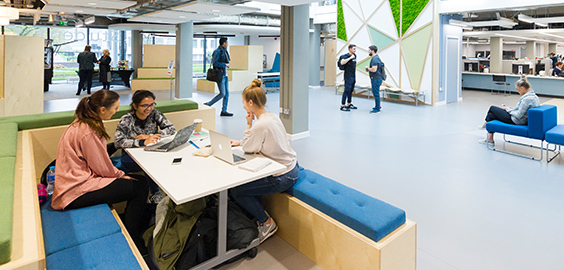What job can I get with a degree in Networks and Cyber Security?
As a graduate in Networks and Cyber Security, you’re going to be in high demand. As Cybercrime techniques change, cyber security needs to evolve to catch ever-more sophisticated attacks. So, people with skills in this area are always going to be needed.
Your future career options could include Security Analyst, Security Engineer, Security Architect, Security Software Developer, Cryptographer, Cryptanalyst, Security Consultant, Incident responder, and/or roles in the intelligence services.
Studying Networks and Cyber Security at Northumbria doesn’t limit you to only security roles, however. With the skills and knowledge gained through Computer Science modules, you may also be qualified for a wider range of careers. For example, you may also wish to work on: Software engineering, Systems analysis and design, Consultancy, Computer networks, Database development and management, Software testing, Embedded systems, Web development, IT management, and more.
What skills will I develop for my future career?
You will graduate with specialist skills and knowledge in Operating systems, Network switching and routing, and Human factors in cyber security, as well as essential professional skills such as effective communication, problem solving, informational literacy, and teamwork.
Will I get work experience on my Networks and Cyber Security degree?
Yes. You will have the chance to take up to a year-long work placement. This will give you a real head-start in your career because you will understand how your learning applies to real-life problems that businesses face, have more confidence about working life and what it involves, and could gain valuable contacts.
Thanks to Northumbria’s excellent professional links, you will have the opportunity to apply for a placement in the public or private sector, in the UK or abroad. Previous students from across the department have been on placement with blue-chip companies such as Hewlett Packard and GlaxoSmithKline and at CERN in Geneva.
An alternative option could also be study abroad. This option allows you to get a global perspective on your subject, which could pave the way for an international career in the future.
 Option for Placement Year
Option for Placement Year Option for Study Abroad
Option for Study Abroad








